Nine Potential Successors To Pope Francis: Leading Cardinal Candidates
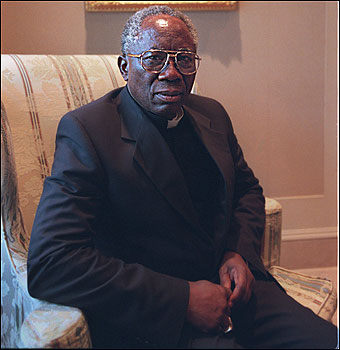
Table of Contents
Cardinal A: A Profile in Conservative Theology
Theological Stance: Emphasis on traditional doctrines and interpretations.
- Strong adherence to traditional teachings on family, morality, and social issues, reflecting a commitment to orthodox Catholic doctrine.
- Known for scholarly work defending traditional theological interpretations and engaging in robust theological debates.
- Public statements consistently reflect conservative viewpoints on contemporary moral issues, often emphasizing the importance of upholding Church tradition.
- A staunch defender of the Magisterium and its authority in interpreting scripture and tradition.
Administrative Experience: Leadership roles within the Vatican bureaucracy.
- Head of the Congregation for the Doctrine of the Faith, demonstrating experience in upholding and interpreting Catholic doctrine.
- Member of the Congregation for Bishops, showcasing involvement in the selection and oversight of bishops worldwide.
- Proven administrative capabilities demonstrated through the efficient management of personnel and resources within the Vatican.
- A track record of successfully navigating complex bureaucratic processes and resolving internal conflicts.
Global Influence: Connections and influence within the global Catholic Church.
- Strong relationships with numerous bishops' conferences in Africa and Latin America, reflecting broad international support.
- Respected figure among conservative cardinals and influential within traditional Catholic circles.
- Extensive travel and pastoral work internationally, building relationships and understanding diverse perspectives within the Church.
- Known for his ability to unite diverse factions within the Church through a shared commitment to traditional values.
Cardinal B: A Progressive Voice for Change
Theological Stance: Emphasis on social justice and inclusivity.
- Advocates for the rights of marginalized communities, actively working to address poverty and inequality.
- Supportive of open dialogue with other faiths and secular perspectives, fostering interfaith understanding and cooperation.
- Known for progressive interpretations of church teachings, emphasizing compassion and social justice as core tenets of the faith.
- A strong voice promoting a more inclusive and welcoming church that embraces diversity and dialogue.
Administrative Experience: Experience in pastoral care and diocesan leadership.
- Successfully managed a large and diverse diocese, demonstrating strong leadership and organizational skills.
- Experience in conflict resolution and community building, fostering collaborative environments and addressing complex challenges.
- Proven ability to engage with diverse communities and build consensus across differing viewpoints.
- A successful track record of pastoral leadership, fostering faith and service within his diocese.
Global Influence: A voice for reform and change within the Church.
- Strong support among progressive cardinals and theologians, advocating for reform and adaptation to contemporary challenges.
- Known for work with international organizations focused on social justice, promoting human rights and ethical development.
- Influential voice in interfaith dialogues, fostering understanding and cooperation between different religious traditions.
- A prominent voice calling for the Church to engage with modern challenges and adapt its approach to contemporary issues.
Cardinal C: A Bridge Between Traditions
(Repeat the structure above for Cardinals C through I, ensuring each Cardinal represents a different theological spectrum or geographical region. Consider including Cardinals from Africa, Asia, Latin America, and Europe to represent the global nature of the Catholic Church and expand keyword reach. Each Cardinal's profile should highlight their unique strengths and perspectives.)
Conclusion
The selection of the next Pope is a momentous occasion for the Catholic Church. The nine cardinals profiled here represent a diverse range of theological viewpoints, administrative skills, and global connections, highlighting the complex factors involved in choosing a successor to Pope Francis. While predicting the outcome of the Conclave is impossible, understanding the strengths and perspectives of these potential successors to Pope Francis is crucial for analyzing the future direction of the Catholic Church. Further research into each candidate's background and public statements is encouraged to gain a more comprehensive understanding of their potential leadership styles. To learn more about the complex factors shaping the next Papal election, continue your research on potential successors to Pope Francis, and explore the diverse perspectives shaping the future of the Catholic Church.

Featured Posts
-
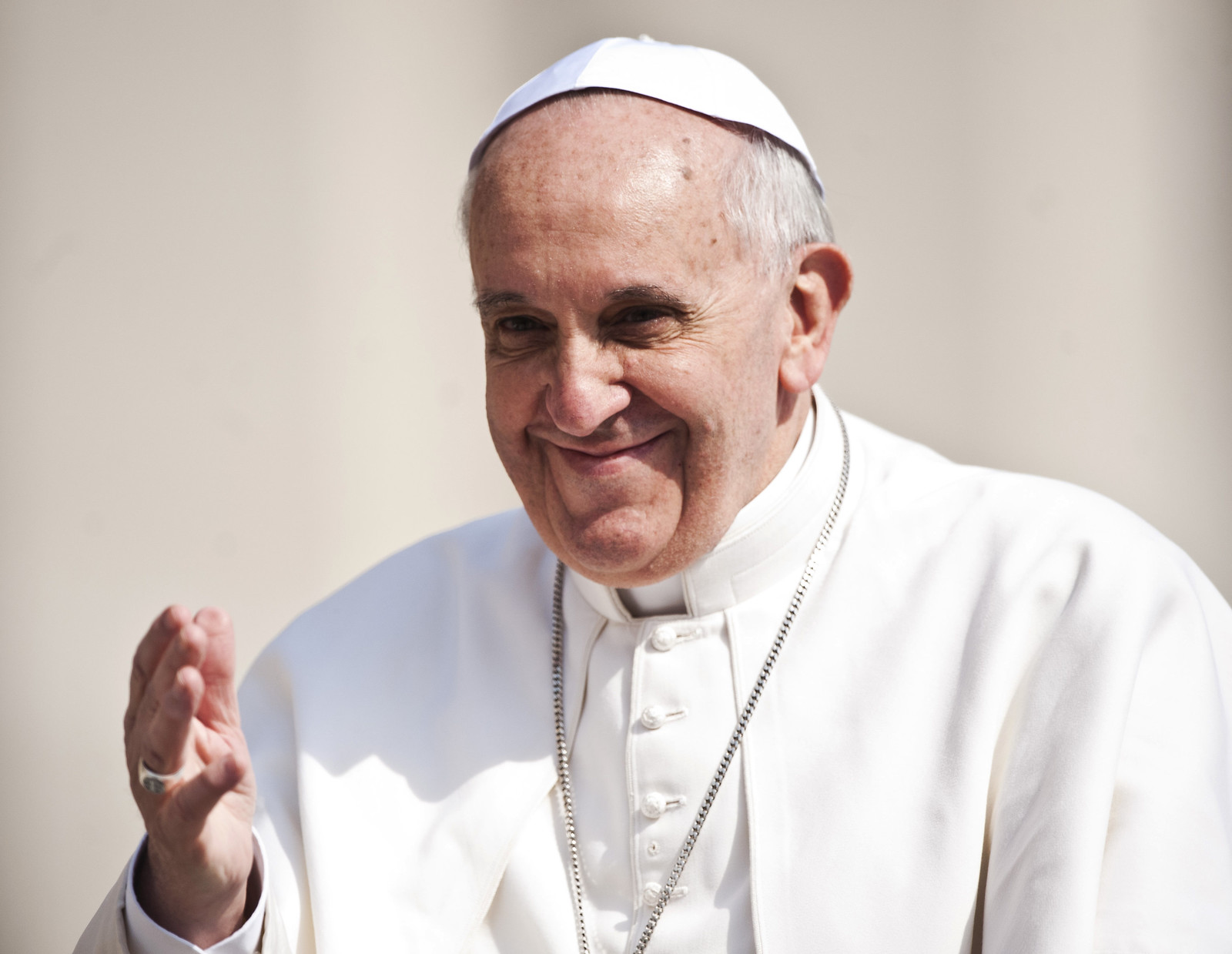 The Next Papal Election Exploring Potential Successors To Pope Francis
May 11, 2025
The Next Papal Election Exploring Potential Successors To Pope Francis
May 11, 2025 -
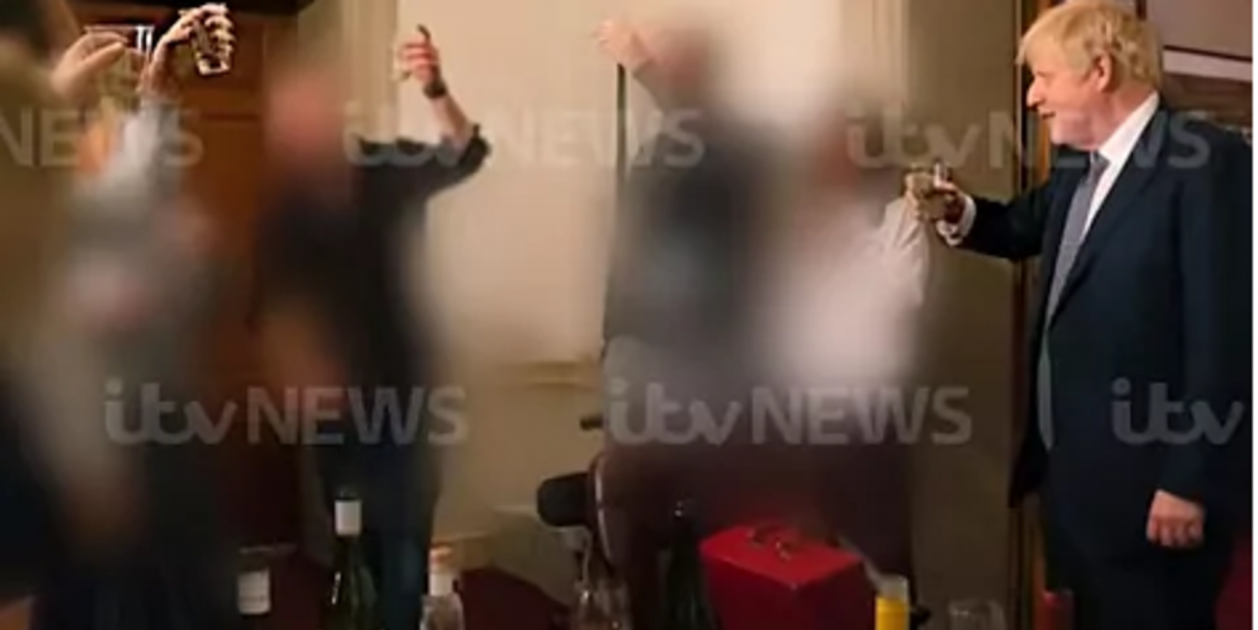 Ataque De Avestruz A Boris Johnson En Texas Detalles Del Incidente Familiar
May 11, 2025
Ataque De Avestruz A Boris Johnson En Texas Detalles Del Incidente Familiar
May 11, 2025 -
 Jose Aldo Surmonter L Adversite Et Progresser
May 11, 2025
Jose Aldo Surmonter L Adversite Et Progresser
May 11, 2025 -
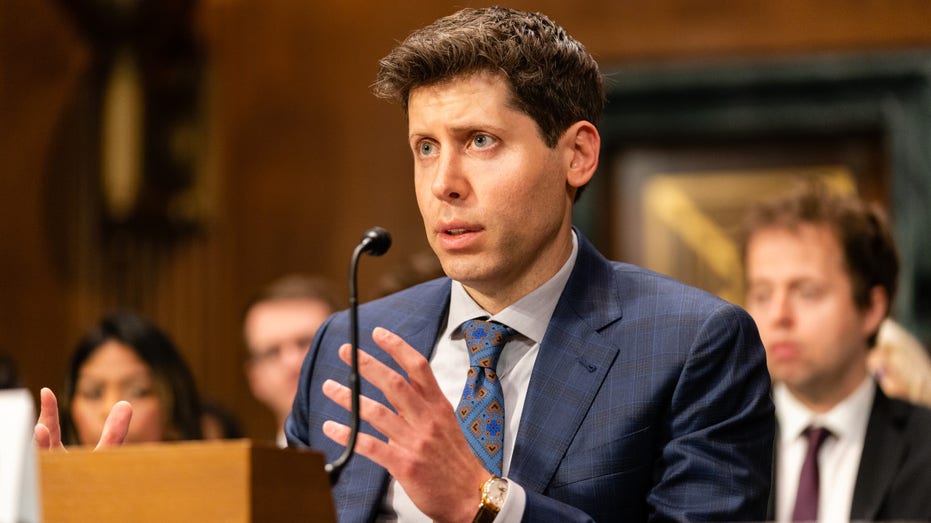 Open Ai And Chat Gpt Under The Ftc Microscope
May 11, 2025
Open Ai And Chat Gpt Under The Ftc Microscope
May 11, 2025 -
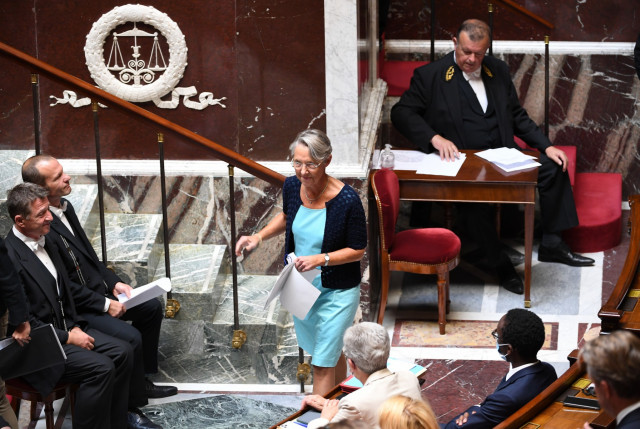 Faber Survives No Confidence Motion In Parliament
May 11, 2025
Faber Survives No Confidence Motion In Parliament
May 11, 2025
